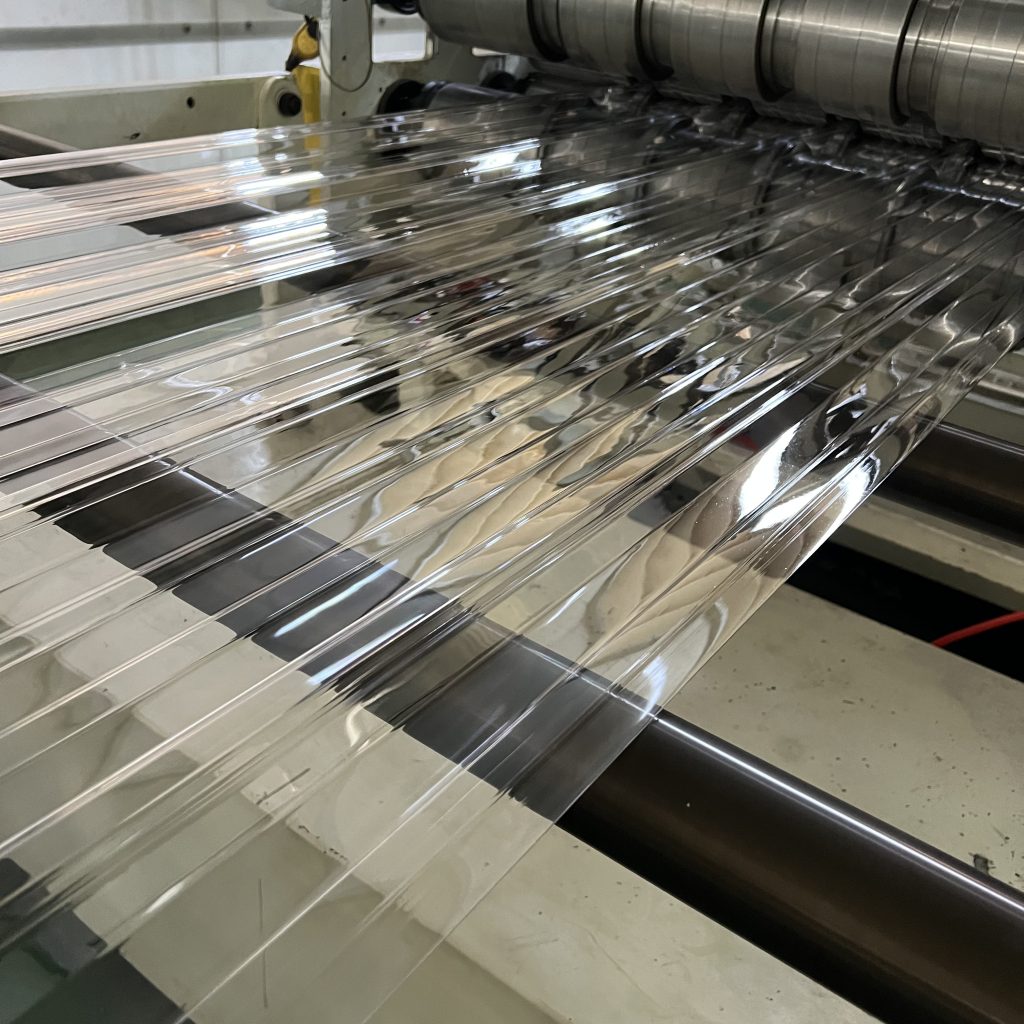bonai@tilefrp.com
What is the water absorption rate of an FRP roof sheet?
FRP (Fiberglass Reinforced Plastic) roof sheets are a popular roofing material due to their lightweight, durable, and corrosion-resistant properties. However, one important factor to consider when using FRP sheets for roofing is their water absorption rate.

The water absorption rate of FRP sheets can vary depending on the manufacturing process, the quality of materials used, and the thickness of the sheet. Generally, high-quality FRP sheets have a low water absorption rate, typically less than 1%. This means that they absorb minimal amounts of water and are less likely to develop leaks or water damage over time.On the other hand, low-quality FRP sheets may have a higher water absorption rate, which can lead to moisture buildup and damage to the roof structure over time. It is important to choose high-quality FRP sheets with a low water absorption rate to ensure the longevity and durability of the roofing system.In addition to the quality of the FRP sheet, proper installation techniques can also help to minimize water absorption. It is important to ensure that the sheets are properly sealed and secured to prevent water from penetrating between the sheets or into the roof structure.Regular maintenance of the roofing system can also help to minimize water absorption and prevent damage. This may include regular inspections, cleaning the roof surface, and addressing any issues promptly before they become more severe.In conclusion, the water absorption rate of an FRP roof sheet is an important factor to consider when choosing a roofing material. High-quality FRP sheets with a low water absorption rate are less likely to develop leaks or water damage over time, but proper installation and maintenance are also critical to ensuring the longevity and durability of the roofing system.

Langfang Bonai's FRP (Fiberglass Reinforced Plastic) roof sheets are known for their excellent water absorption rate, making them an ideal choice for various roofing applications. These sheets have a low water absorption rate, which means they can resist water penetration and remain durable even in wet conditions. Here are some examples of how Langfang Bonai's FRP roof sheets' low water absorption rate can be beneficial in different situations.Residential roofing: Langfang Bonai's FRP roof sheets can be used for residential roofing applications, such as for homes and apartments. They provide excellent protection against water damage and can withstand heavy rainfall, preventing water from seeping through and causing structural damage. The low water absorption rate of these sheets ensures that they remain stable and reliable, even in harsh weather conditions.Agricultural applications: Langfang Bonai's FRP roof sheets are also suitable for agricultural applications, such as for greenhouses and farm buildings. These structures are often exposed to high levels of moisture and humidity, which can cause conventional roofing materials to deteriorate quickly. The low water absorption rate of FRP sheets makes them an excellent choice for these applications, as they can withstand the moisture without breaking down.Industrial roofing: Langfang Bonai's FRP roof sheets can be used in industrial roofing applications, such as for warehouses and factories. These structures often have large, flat roofs that are exposed to the elements, including rain and snow. The low water absorption rate of FRP sheets makes them an ideal choice for such applications, as they can resist water damage and remain durable over time.Transportation applications: Langfang Bonai's FRP roof sheets can also be used in transportation applications, such as for bus shelters and train stations. These structures are exposed to the elements and require roofing materials that can withstand the weather conditions without deteriorating. The low water absorption rate of FRP sheets ensures that they remain stable and reliable even in harsh outdoor environments.

In summary, Langfang Bonai's FRP roof sheets' low water absorption rate provides numerous benefits in various roofing applications. They are a durable and reliable choice for residential, agricultural, industrial, and transportation applications, providing excellent protection against water damage and harsh weather conditions.



